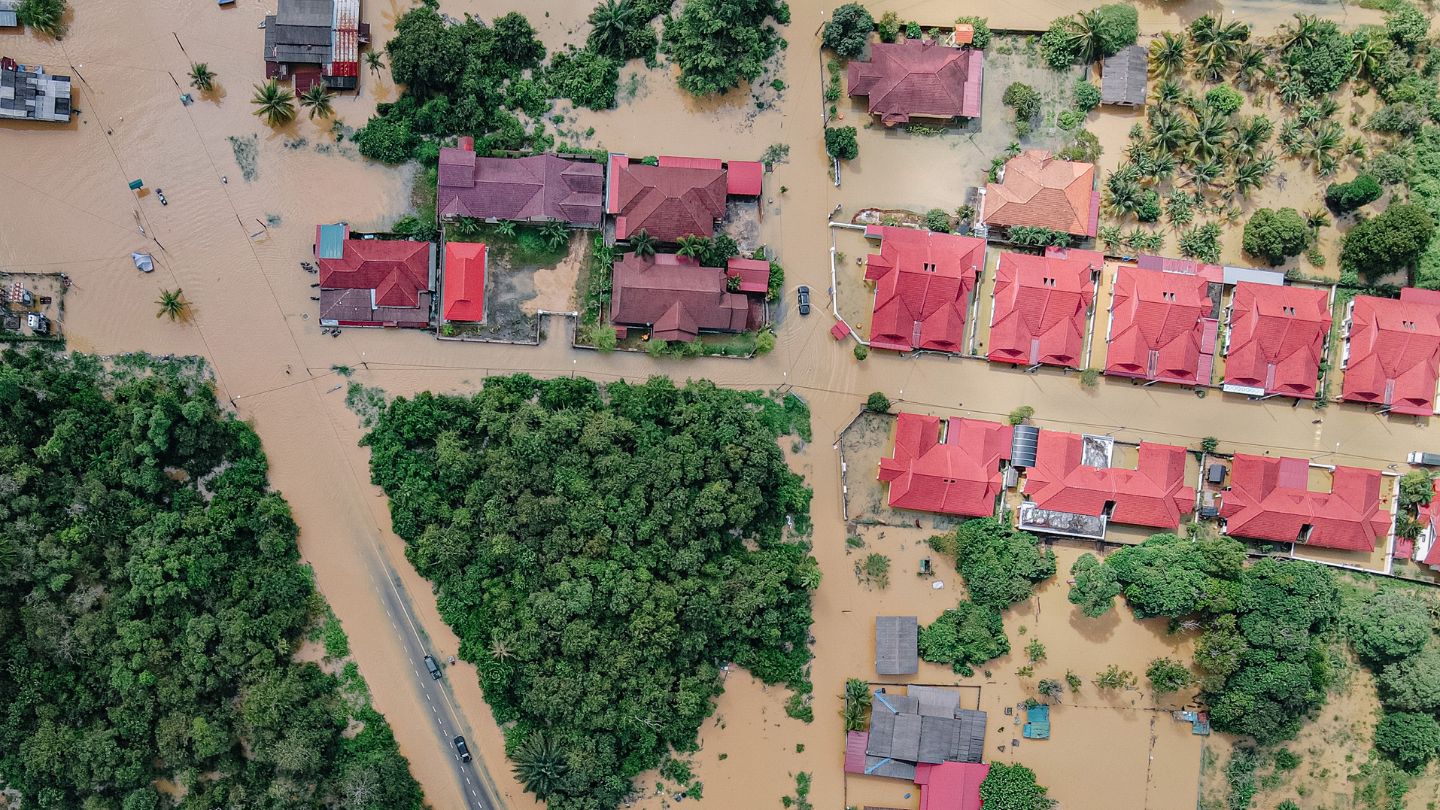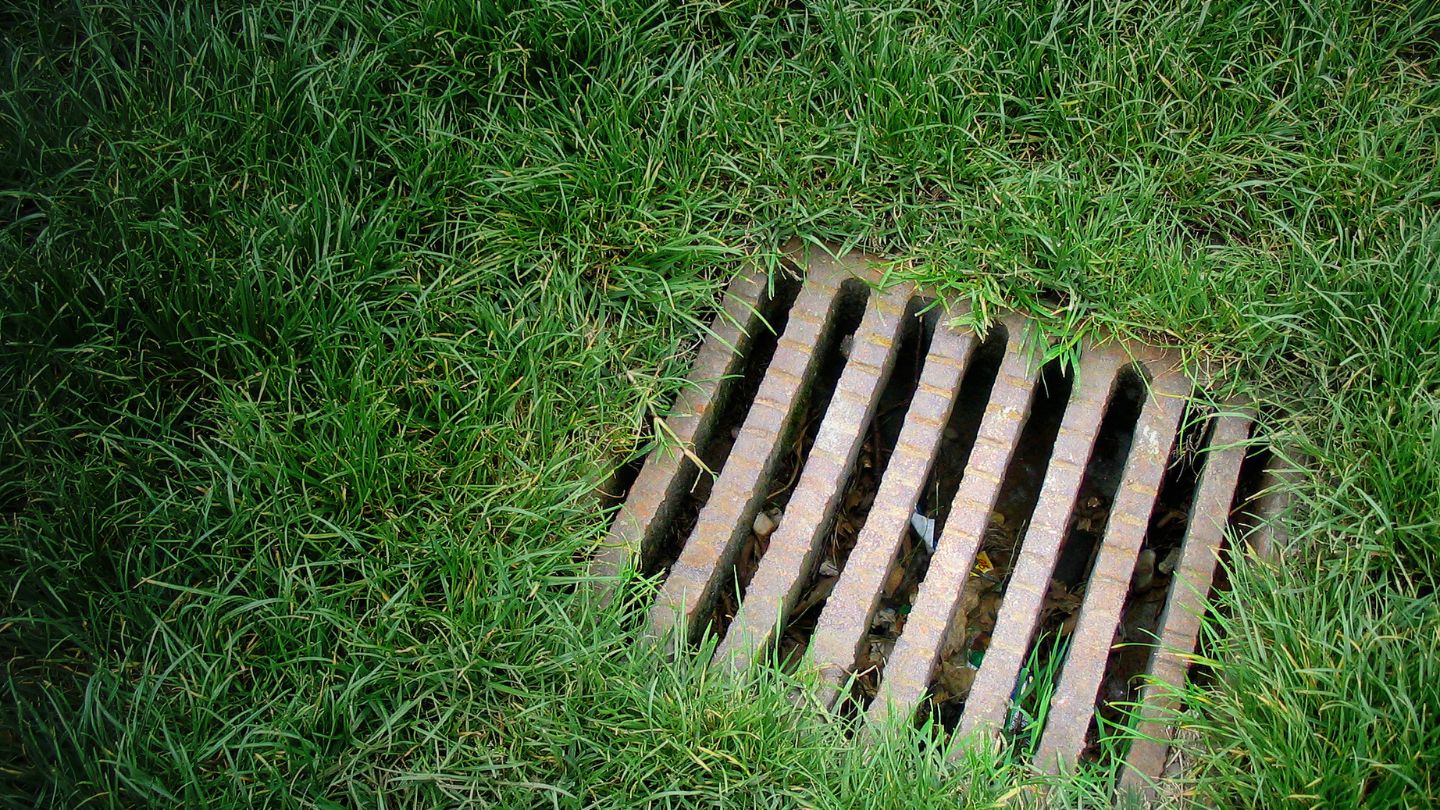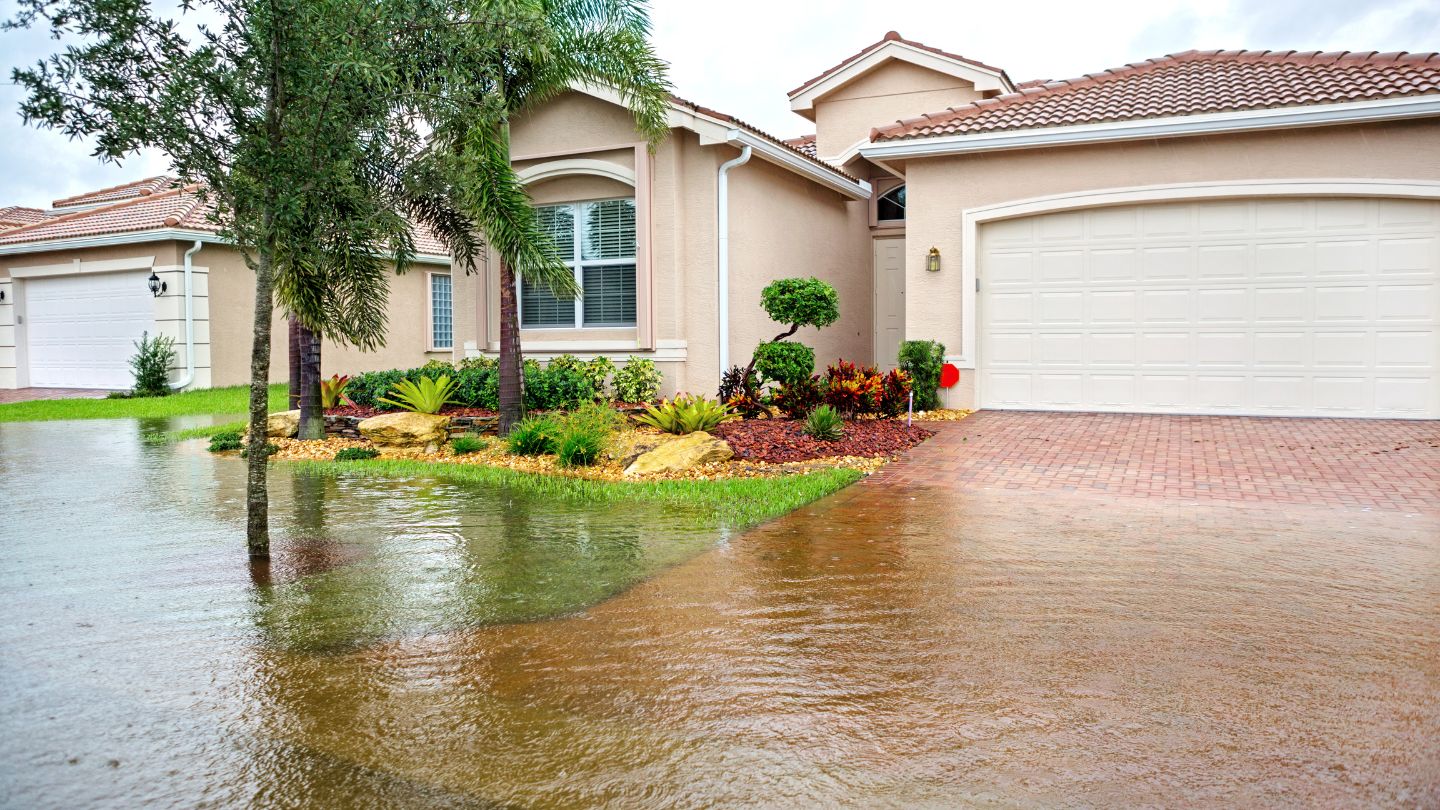Preparing your home or business for a flood is essential to minimize damage and ensure a quicker recovery. This guide outlines key steps to assess flood risks, secure proper insurance, safeguard utilities, and implement effective protective measures. By following these expert recommendations, you’ll be better equipped to protect your property during flood events.
Key Takeaways
- Assessing flood risk through local flood maps is crucial for informed planning and decision-making.
- Flood insurance can save property owners from substantial financial losses, as typical homeowner policies don’t cover flood damage.
- Professional upgrades, including drainage system maintenance, backflow prevention devices, and property waterproofing, can significantly reduce flood risks.
Assess Your Flood Risk
Understanding your property’s flood risk is the foundation of preparedness. Tools like FEMA’s flood maps can help you determine whether your home or business is in a high-risk, moderate-risk, or low-risk zone. Regularly review updated maps to account for environmental or developmental changes that could alter flood risks in your area.
Consult with local floodplain managers or certified experts for personalized risk assessments. These professionals can identify your specific vulnerabilities to flooding and guide you on essential steps toward mitigation.
Purchase Flood Insurance
Flood insurance is an indispensable part of protecting your property. Many property owners mistakenly believe their standard homeowner or business insurance policies cover flood damage. However, this is often not the case, leaving them vulnerable to significant financial burdens.
To ensure you’re covered, consult with certified insurance agents who specialize in flood policies. They can evaluate the level of coverage you need based on your location and flood risk. Additionally, maintain an up-to-date inventory of your belongings, supported by photographs or videos, to facilitate smoother claim processes in the aftermath of a flood.
Protect Critical Utilities
Critical utilities, such as water heaters, electrical panels, heating systems, and HVAC units, are especially prone to flood damage. To safeguard these systems, hire licensed contractors to elevate them above projected flood levels. They can determine the optimal height and ensure proper installation, reducing the risk of costly damage and insurance claims. These professionals can also provide insights on reducing your flood insurance premiums by integrating specific mitigation measures.
Install Backflow Prevention Devices
Professionally installed backflow prevention devices are essential to protect your property during heavy rainstorms or sewer surges. Engaging licensed plumbers to install backwater valves and sump pumps ensures correct placement and functionality. These devices help prevent wastewater from entering your property and redirect groundwater away from your basement.
Additionally, a professional plumber can recommend and install supplementary safeguards, such as water alarms and fail-safe backup systems, to further protect your property from sewer backups and basement flooding.
Enhance Landscaping for Flood Management

Strategic landscaping is key to minimizing flood risks on your property. Consider consulting with professional landscapers or flood management experts to design rain gardens using native water-absorbing plants. Such gardens can mitigate stormwater runoff while enhancing your property’s aesthetics.
Working with experts ensures proper grading of your lawn to direct water away from your structures. They can also install advanced drainage solutions, such as permeable pavements or underground drainage systems, tailored to your property’s layout.
Waterproof Your Property
Waterproofing is a critical step in preparing for flood events. Rather than attempting DIY methods, rely on certified waterproofing specialists who can apply professional-grade sealants and water-resistant materials to your foundation, walls, and windows. These experts can inspect for vulnerabilities and use specialized dry-floodproofing techniques to prevent water intrusion.
Specialists can also recommend innovative solutions, such as installing flood vents to reduce structural pressure during flooding and replacing traditional flooring with water-resistant options in high-risk areas of the property.
Develop an Emergency Plan
Collaborating with disaster preparedness professionals ensures your emergency plan is comprehensive and effective. These experts can design tailored evacuation routes, communication protocols, and safety measures specific to your household or business needs. They can also assist in determining what items to move to higher ground during immediate flood threats and provide training for your family or employees through regular flood drills.
Regular consultations with emergency management specialists ensure that your plan stays up-to-date and incorporates the latest recommendations for flood preparedness.
Secure Important Documents and Valuables
Protecting your essential documents and valuables requires more than just basic DIY methods. Consider investing in professionally certified waterproof safes or secure off-site storage solutions, such as bank safety deposit boxes. Document scanning services can also help you create digital backups, ensuring you have access to critical information if physical copies are lost during a flood.
For heightened security, work with consultants who specialize in document preservation and disaster recovery to develop a thorough safeguarding strategy tailored to your needs.
Maintain Drainage Systems and Gutters

Routine maintenance of drainage systems and gutters is vital to preventing water buildup during storms. Hire licensed maintenance professionals to inspect and clean these systems regularly. They can identify early signs of blockages or structural issues and make timely repairs to ensure your property’s drainage is equipped to handle significant rainfall.
These experts can also install advanced solutions, such as gutter guards or downspout extensions, to increase efficiency and reduce the chance of overflow during extreme weather events.
Prepare for Safe Dams and Waterways
Collaborating with environmental engineers or water resource specialists is essential for managing dams and waterways near your property. These professionals conduct regular inspections and maintenance to ensure structures remain sound and free of blockages. If your property is near a watercourse, they can guide you on complying with regulations designed to reduce flooding risks and protect ecosystems.
Proactive partnerships with these experts significantly enhance community resilience and protect property from disasters associated with dam failure or waterway obstructions.
Summary
Effective flood preparedness requires a comprehensive strategy that blends expert insights with proactive actions. By collaborating with certified professionals to assess risks, install protective systems, and maintain essential infrastructure, you can significantly minimize damage and expedite recovery following a flood.
At 911 Floods R Us, we are experts in flood damage restoration in Atlanta, providing services such as emergency water and fire damage restoration, mold removal, and waterproofing solutions. Our extensive experience ensures your property is fortified against potential flooding threats. Reach out to us today to find out how we can help protect your property from future floods.
Frequently Asked Questions (FAQs)
How do I determine if my property is at risk of flooding?
To assess your flood risk, review FEMA’s flood maps, which classify areas into high, moderate, or low-risk zones. These maps provide essential information about flood-prone regions. For a more detailed analysis, consider consulting a local floodplain manager or certified professional who can evaluate your specific property and identify potential vulnerabilities.
Why is flood insurance important if I don’t live in a high-risk area?
Flood insurance is crucial because most standard homeowner or business insurance policies don’t cover flood damage. Even in moderate- or low-risk zones, flooding can occur due to unexpected events like heavy rain or drainage system failures. A flood insurance policy can protect you from significant financial losses and ensure quick recovery after a flood.
What measures can I take to protect my utilities from flood damage?
Critical utilities, such as water heaters, electrical panels, and HVAC systems, should be elevated above expected flood levels. Hiring a licensed contractor to properly install and position these systems ensures they are protected and comply with safety standards. This proactive step can also lower your flood insurance premiums.
Should I handle flood protection and preparedness tasks myself or hire professionals?
While some tasks may seem manageable, working with certified experts ensures the most effective results. Professionals can safely install backflow prevention devices, waterproof your property using advanced materials, and design landscaping solutions to manage stormwater. Their expertise minimizes errors and provides long-term peace of mind, leaving your property better prepared for the flood events.

